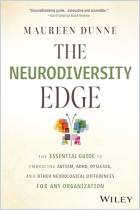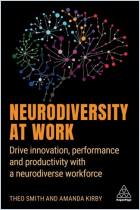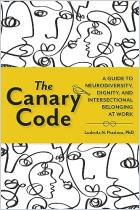
Book
Divergent Mind
Thriving in a World That Wasn’t Designed for You
Recommendation
Jenara Nerenberg uses personal narratives, scientific data and expert testimony to examine the discrimination that women with ADHD, autism and extreme sensitivities face daily. She dissects how the world favors so-called “normal” individuals with their “neurotypical” brain functions. Nerenberg makes the case for neurodiversity, a movement celebrating the wide range of brain processes and perceptions. Her insightful and empowering book provides solutions and suggestions to benefit everyone.
Summary
About the Author
Writer and entrepreneur Jenara Nerenberg is the founder of The Neurodiversity Project. She lectures on neurodiversity, psychology and empathy and has written about mental health, gender bias and related topics.





















Comment on this summary or Diskussion beginnen